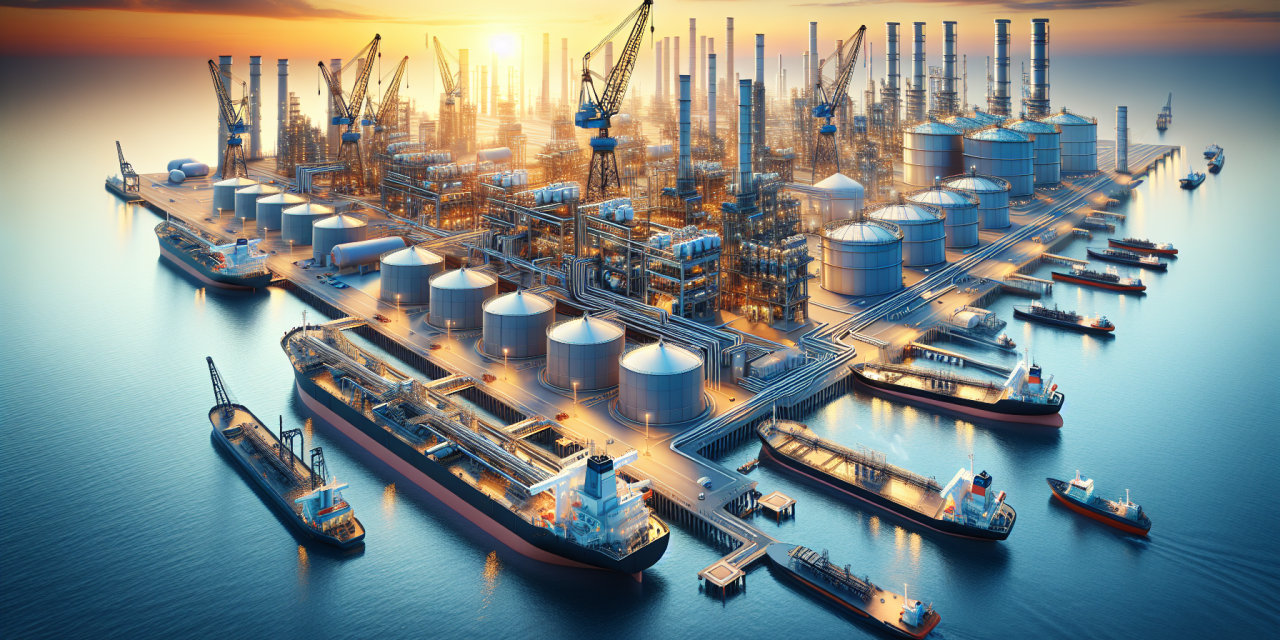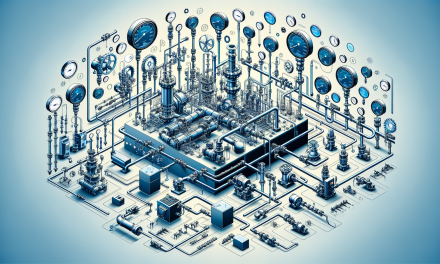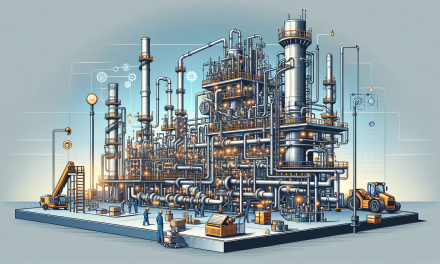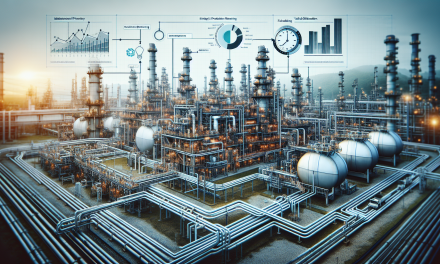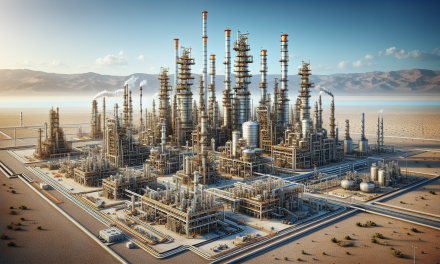Table of Contents
- What Are Marine Terminals?
- The Importance of Marine Terminals in Oil & Gas
- Key Operations in Marine Terminals
- Effective Management Strategies
- Technology in Marine Terminal Operations
- Case Studies of Efficient Marine Terminal Operations
- FAQs
- Conclusion
What Are Marine Terminals?
Marine terminals serve as pivotal hubs in the oil and gas supply chain. They facilitate the transfer of products from land-based to water-based modes of transportation. Consequently, the operations at these terminals necessitate meticulous planning and execution to ensure safety, efficiency, and continuity in services.
The Importance of Marine Terminals in Oil & Gas
Due to their strategic location, marine terminals play a critical role in the global oil and gas industry. They support logistical operations, handling large volumes of crude oil and refined products moving in and out of these facilities. This not only enhances the supply chain but also drives economic growth in the regions they operate.
Furthermore, the operations at marine terminals impact downstream processes significantly. Without efficient marine operations, the transfer of resources would face delays, leading to economic repercussions. Thus, mastering these essential operations is key.
Key Operations in Marine Terminals
Firstly, let’s look at the core operations within marine terminals:
1. Loading and Unloading
Loading and unloading cargo comprises the backbone of marine terminal operations. Efficient handling reduces turnaround time for vessels. Therefore, investing in advanced equipment and training is vital. Moreover, having experienced personnel increases safety and minimizes losses due to spills and accidents.
2. Storage Management
Storage facilities need to manage hydrocarbons and other chemicals safely. This involves monitoring inventory levels, ensuring compliance with safety regulations, and maintaining the integrity of storage tanks. Properly organized storage also aids in swift and effective loading and unloading operations.
3. Maintenance and Inspection
Regular inspections and maintenance practices lead to the longevity of both equipment and infrastructure. Elevated safety standards reduce the risk of incidents, which can be costly both financially and in terms of reputation.
4. Environmental Management
Given the environmental implications of oil and gas operations, marine terminals must implement sustainable practices. Effective spill response plans and adherence to environmental regulations are vital for minimizing environmental impact.
Effective Management Strategies
To ensure smooth operations at marine terminals, managers need to adopt effective strategies:
1. Training and Development
Ongoing training enhances employee productivity and operational efficiency. Individuals working within marine terminals require specialized knowledge. Therefore, embracing training programs like the Marine Oil & Gas Terminal Operations Management Course equips personnel with necessary skills and insights.
2. Risk Assessment and Management
Regular risk assessments identify potential hazards, providing a foundation to develop effective management plans. By preemptively addressing these risks, terminals can mitigate operational disruptions and ensure employee safety.
3. Integration of Advanced Technology
Implementing cutting-edge technology streamlines operations and enhances data accuracy. Automated systems for monitoring tanks and managing logistics can lead to impressive efficiency gains.
Technology in Marine Terminal Operations
Innovations in technology have revolutionized marine terminal operations:
1. Automation and Control Systems
By utilizing automated systems, terminals can manage cargo operations more efficiently. For instance, smart automation tools monitor loading processes, ensure compliance, and enhance overall productivity.
2. Real-time Data Analytics
The use of real-time data analytics enhances decision-making processes. Managers can track vessel movements, manage stock levels, and monitor operational efficiencies more effectively using these tools.
3. Communication Systems
Efficient communication among teams plays a critical role in operational success. Implementing advanced communication platforms allows seamless coordination among various departments, thereby preventing misunderstandings or errors.
Case Studies of Efficient Marine Terminal Operations
Examining real-world examples provides valuable insights:
1. Port of Los Angeles
The Port of Los Angeles employs sophisticated automated systems in its terminal operations, leading to faster turnaround times and improved safety records. This efficiency has made it a central player in the global oil and gas supply chain.
2. Rotterdam Port
Rotterdam Port in the Netherlands has embraced sustainability initiatives. Its commitment to reducing emissions and managing waste has set a benchmark for other terminals worldwide. By prioritizing environmental management, they have enhanced their reputation and operational efficiency.
FAQs
What are the primary functions of a marine terminal?
Marine terminals primarily handle the loading and unloading of vessels while managing storage and transportation logistics. They also enforce safety and environmental regulations to protect both employees and surrounding ecosystems.
How can technology improve marine terminal operations?
Technology can enhance marine terminal operations through automation, real-time data analytics, and superior communication systems. These advancements improve safety, efficiency, and overall management practices.
Why is training important in marine terminal operations?
Training equips employees with the skills and knowledge required to operate safely and effectively. Continuous training helps in adapting to new technologies and regulatory changes.
Conclusion
In summary, mastering marine terminal operations is crucial in the oil and gas industry. From loading and unloading to effective management practices, every aspect plays a significant role in improving overall efficiency. By continuously investing in technology and training, marine terminals can ensure operational success while adhering to safety and environmental standards. For further insights, explore excellent resources such as Maximizing Efficiency in Refinery Processes, Mastering Petroleum Refining, Elevate Your Expertise, Ultimate A-Z Guide to Mastering the Petroleum Industry, and Comprehensive Guide to Process Plant Equipment Integrity. These resources will further broaden your understanding and enhance your competence in the field.

